|
Disclaimer: Even though this blog post could be applied or used as food for thought regarding any animal rescue organisation it is mainly aimed at what we refer to as "Luxury Rescue". Organisations usually aimed at specific breeds, that may or may not have kenneling facilities and take in/rehome fewer than 10 - 15 dogs a month.
Why?Thoughts for Orgs We have noticed the absence of this question on every Adoption Application form we have seen.
The person applying to adopt get asked everything from how previous pets passed on, to the details of their home, family and divulging their household income, But we never see them be asked - Why? - Why have you considered adopting. Perhaps because "it's obvious"? Perhaps because no one has ever thought to ask. Perhaps because no one cares why a person or family wants to adopt - as long as they want to adopt. Why do we think it's an important question to ask? We're encountering more and more cases where potential adopters - whether they realise it or not - are choosing the adoption option not because of what adoption means (more on this in another post) but simply and only because it is cheaper than buying a puppy. We understand that many may be afraid to ask the question or even be rather angry at the suggestion to ask the question. Asking it may deter people from adopting. The answer is irrelevant. Whatever your reasoning is to not ask the question - we ask you to please step back and think about it more deeply than just "a dog needs a home, why ask why?" By asking a person why they want to adopt it would give you as the organisation trying to make sure the dog goes to the correct home and won't be re-entering the rescue system another layer to finding the right fit. We're not saying people that are adopting because its cheaper should not qualify to adopt a dog by any means (most people probably would not even be honest enough to admit that). What we are saying is by adding this question to your application form the answer you get will give you more insight to the applicant and better equip yourself to the dog you place with or suggest to them should they qualify to adopt. We would like to suggest to you to further extend the "Why?" to other parts of your application form. Most application forms, due to the way the questions are asked, give the impression that you as an organisation are asking people to fill out an order sheet and inadvertently promises that you will give them what they are asking for. Next thing those dealing with potential adopters that get frustrated or dissappointed because they have a sense of entitlement want to hit the roof. Step back and understand that it starts with the Adoption Application - it looks as though you are making a promise - and one that very often cannot be kept. So, change the way the application form is set-up. Don't be afraid to as Why? Why do you want that sex? Why do you want that age? Why do you want that breed? Get people to think about their application rather than it be a mere formality of a quick (sometimes offensive) for to fill in. Get more insight other than whether they have a big yard and a good income. Surely we all feel there's more to keeping a dog happy and giving them a good home than big yards and enough money? Thoughts for Potential Adopters If you read or scanned through the above you know what's coming. There needs to be more honesty, raw honesty, with yourself when you decide to adopt. The dog deserves that, your other pets and family deserves that and it is crucial for the adoption process to be successful. The trend for "failed" adoptions is rising. People seeing the posts of the dog that was adopted and then back up for adoption look at the picture and think "oh dear, problem dog". Sometimes that is the case. But unfortunately this is usually not the case anymore. People are critisizing animal rescue organisations for being to strict/harsh/unfair when it comes to adoption applications and yes, we agree, sometimes it does happen. The organisations can hardly be blamed. Our society of instagratitlement (instant gratification and entitlement) and cheapness has made Rescue and Adoption an entirely different monster. Because so many people have started using adoption as a cheap alternative and wanting what they want NOW and not wanting to put in the effort people used to understand comes with adoption organisations have the difficult task of not just finding a home that is loving and safe but that one needs to do some sort of character check on the person applying and their family to make sure that they won't give up within a week because the dog gave the cat a funny look. To add this level of assessment is an astronomical task as it takes up so much time (a discussion for another post). You can assist with this process by doing some self assessment first. If you can only answer because its cheaper than buying a puppy you need to further your line of questioning. Do you understand what adoption actually means? Thoughts for foster volunteers We will be discussing fostering in its own series. We would however like for people fostering, considering fostering or those that used to foster and stopped for whatever reason to also take a moment ad as yourself why? Why do you want to foster? Why did you stop? Why do you not want to foster? Please ponder this question and either comment below or e-mail us with your answer (info@beagle-in-mind.org). We would love to hear from you. Previous: From the outside looking in Next: Dibs! Supermarket Rescue
1 Comment
3/17/2024 05:01:18 am
I wanted to express my gratitude for your insightful and engaging article. Your writing is clear and easy to follow, and I appreciated the way you presented your ideas in a thoughtful and organized manner. Your analysis was both thought-provoking and well-researched, and I enjoyed the real-life examples you used to illustrate your points. Your article has provided me with a fresh perspective on the subject matter and has inspired me to think more deeply about this topic.
Reply
Leave a Reply. |
ALTERNATIVE HEALING & BLOG DISCLAIMER
Alternative healing articles and any other advice featured in this blog do not claim to replace any conventional veterinary treatment. This is an educational blog for Beagle owners to read about alternative options that we as Beagle owners have tried ourselves and seen positive outcomes. We do not post anything we have not experienced positively and will never endorse anything in which we do not believe through positive experience. Kinesiology and other healing modalities do not diagnose, cure or prescribe, as these activities are the prerogative of veterinarians. Kinesiology may provide a different, energy-based approach to allergy support, and potentially allow for a reduction in the use of corticosteroids. As a kinesiologist, I believe that allergies, just like other ailments, may have an emotional and/or mental aspect which is worth addressing. As such, this modality represents a valid complementary therapy to veterinary care. Categories
All
|
Proudly powered by Weebly
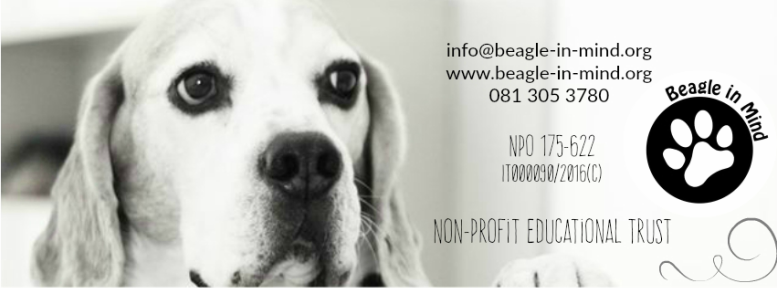
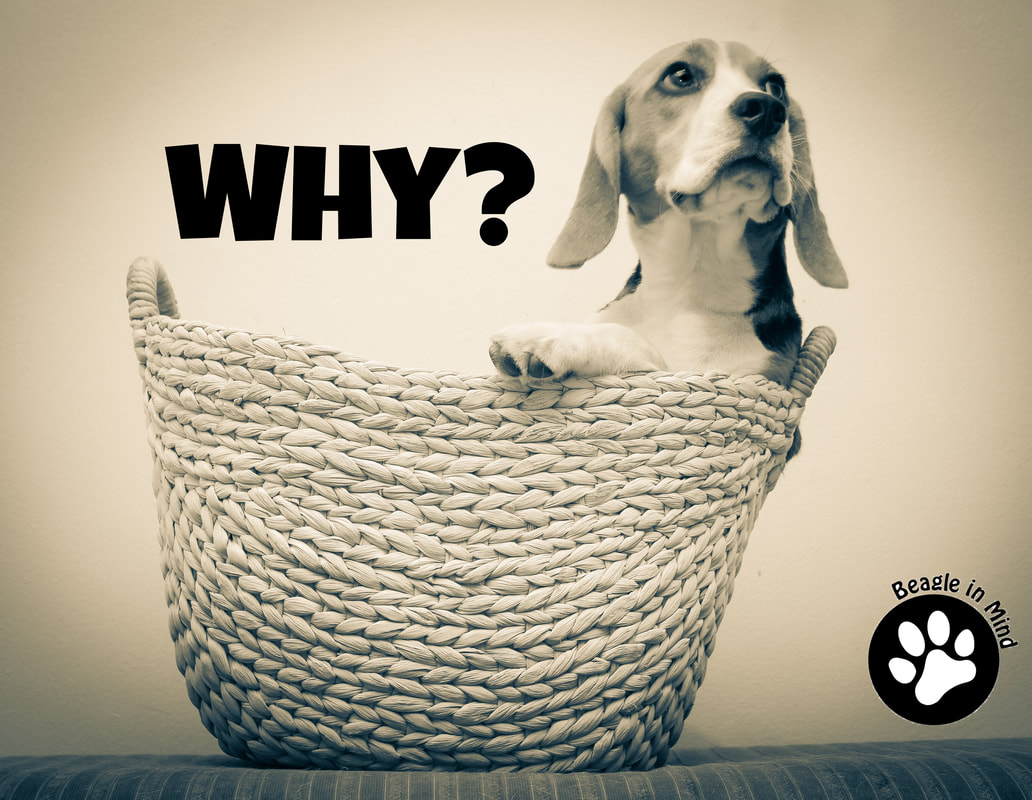
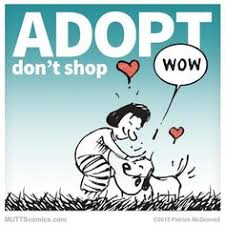
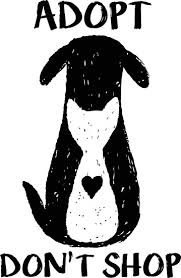

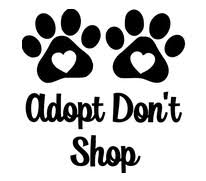
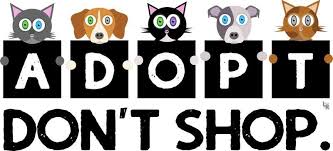
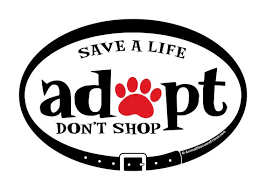


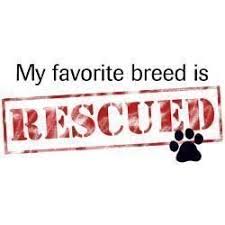

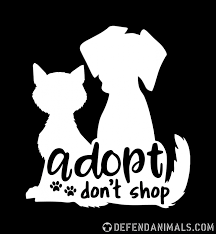





 RSS Feed
RSS Feed